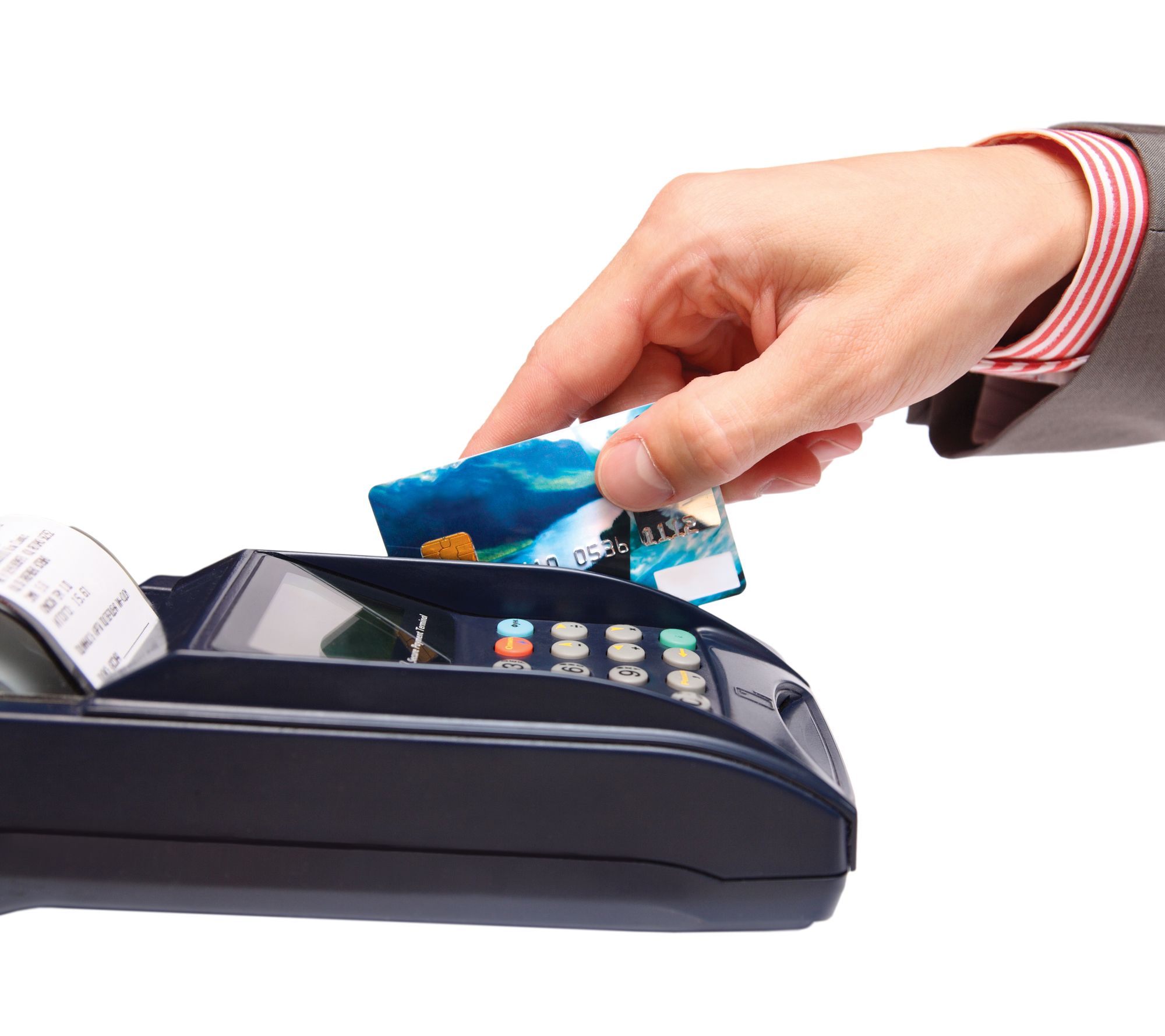 When you buy something at the store, you probably don’t stop to think about FACTA debit card receipt rules.
When you buy something at the store, you probably don’t stop to think about FACTA debit card receipt rules.
The Fair and Accurate Credit Transactions Act exists to protect that receipt from displaying all of your card information.
The FACTA debit card receipt rules are designed to contain just enough specific information so that the merchant and the customer can identify it in case a return or an adjustment is necessary down the road.
The Danger of Full Debit Card Numbers on Receipts
Electronically-printed credit card and debit card receipts should never include more than the last five digits of the account number, and should never show the expiration date.
These rules do not apply to handwritten or imprinted receipts. (Some businesses still use the machines that require the physical imprint of the card with carbon paper, which will show all the credit card numbers on receipts.)
Merchants are allowed to keep more data of the transaction in their records, but the information must be securely maintained in a locked cabinet or vault.
What Information Is Allowed on Receipts?
Debit card numbers on receipts should always include:
- Merchant’s DBA (Doing Business As) name and address
- Date of transaction
- Products or services purchased, including the prices and applicable taxes
- The cardholder’s signature on only the merchant’s copy, unless a PIN number was used
- Authorization approval code from the card issuer
- Up to the last five digits of the credit card account number if done electronically
FACTA Debit Card Receipt Rules Designed to Protect You
The Bureau of Consumer Protection, a division of the Federal Trade Commission (FTC), says compliance with FACTA laws are important because “credit card numbers on sales receipts are a ‘golden ticket’ for fraudsters and identity thieves.”
Businesses that do not comply with FACTA receipt rules can face law enforcement action by the FTC. Both civil penalties and injunctive relief have been applied in various cases. (Injunctive relief means the court orders the defendant to cease a specified act rather than ordering the defendant to make a monetary payment.)
A consumer who finds a merchant has “willfully” not complied with FACTA during a purchase can file a lawsuit if entire credit card numbers on receipts are displayed. Merchants found liable could pay anywhere from $100 to $1000, or the monetary loss the infraction caused.
A merchant is more apt to be found he has “willfully” violated FACTA receipt laws if the retailer “knew or should have known” of FACTA’s regulations and was made aware of the statute’s requirements.
Even though FACTA debit card receipt rules have been in place for 13 years, consumers cannot assume all merchants are compliant. Some retailers might believe their credit card equipment companies are ensuring lawful compliance, but they aren’t.
Be Aware of What Appears on Your Receipts
Consumers should always look over their receipts and keep their copies.
Even merchants who have previously been compliant with FACTA laws regarding credit card receipts and debit card receipts can have equipment undergo a software update, or they could switch to a new card processing company. Even if you shop at one of your “usual” places, always check the receipt.
If you see an electronic transaction shows more than five debit card numbers or the expiration date on a receipt, you could end up a victim of identity theft. Seek legal counsel if you obtain a receipt that violates FACTA debit card receipt rules.
Free FACTA Class Action Lawsuit Investigation
If you made one or more purchases and the retailer provided you with a receipt that contained more than the last five digits of your credit or debit card number or the expiration date, you may be eligible for a free class action lawsuit investigation and to pursue compensation for these FACTA violations.
ATTORNEY ADVERTISING
Top Class Actions is a Proud Member of the American Bar Association
LEGAL INFORMATION IS NOT LEGAL ADVICE
Top Class Actions Legal Statement
©2008 – 2025 Top Class Actions® LLC
Various Trademarks held by their respective owners
This website is not intended for viewing or usage by European Union citizens.














